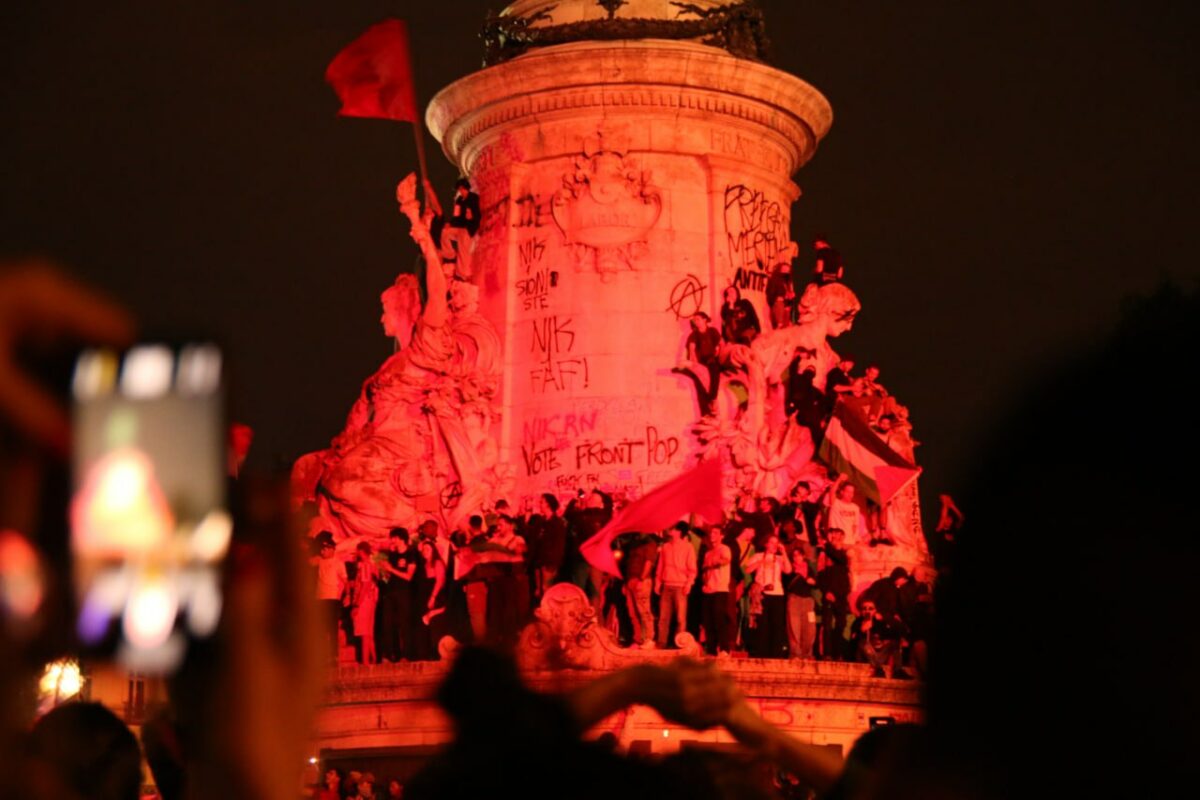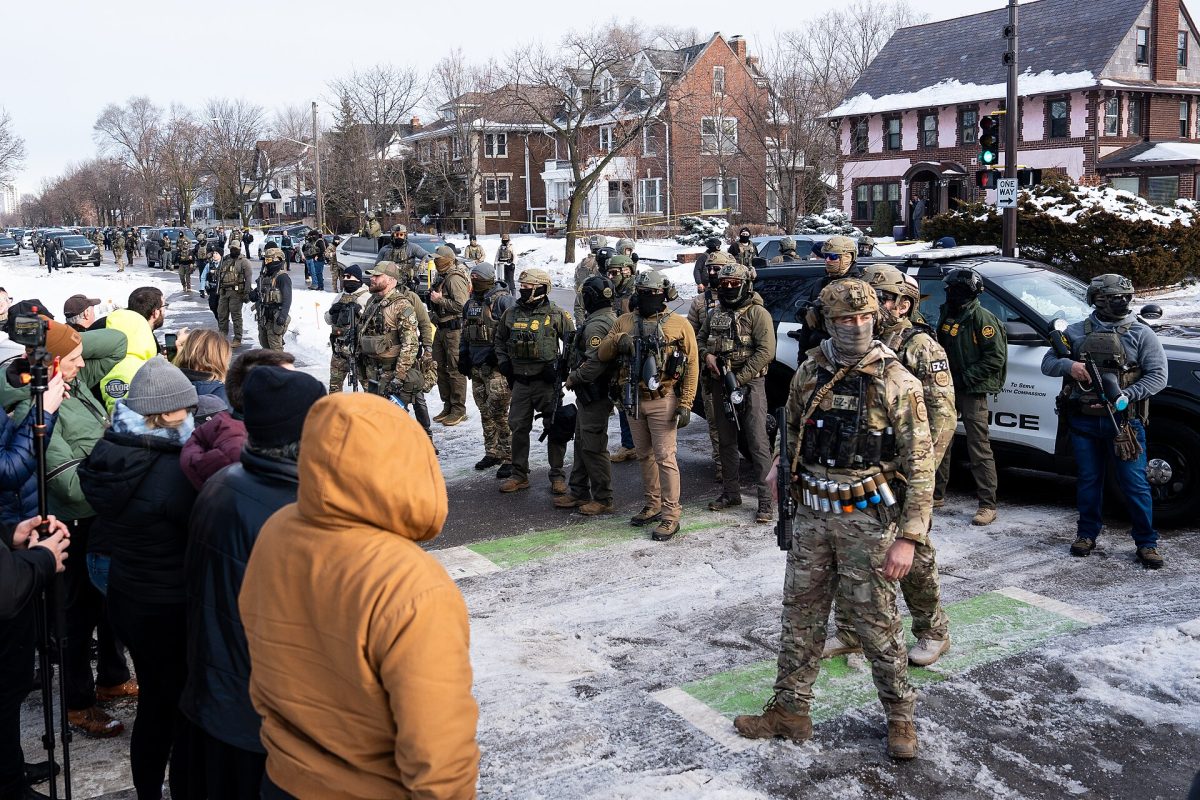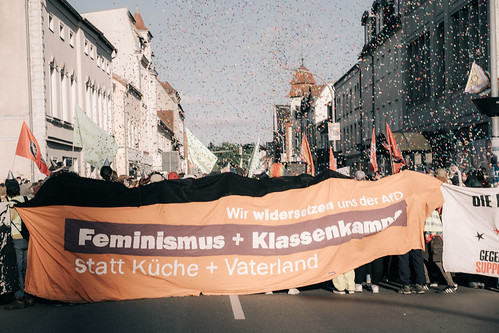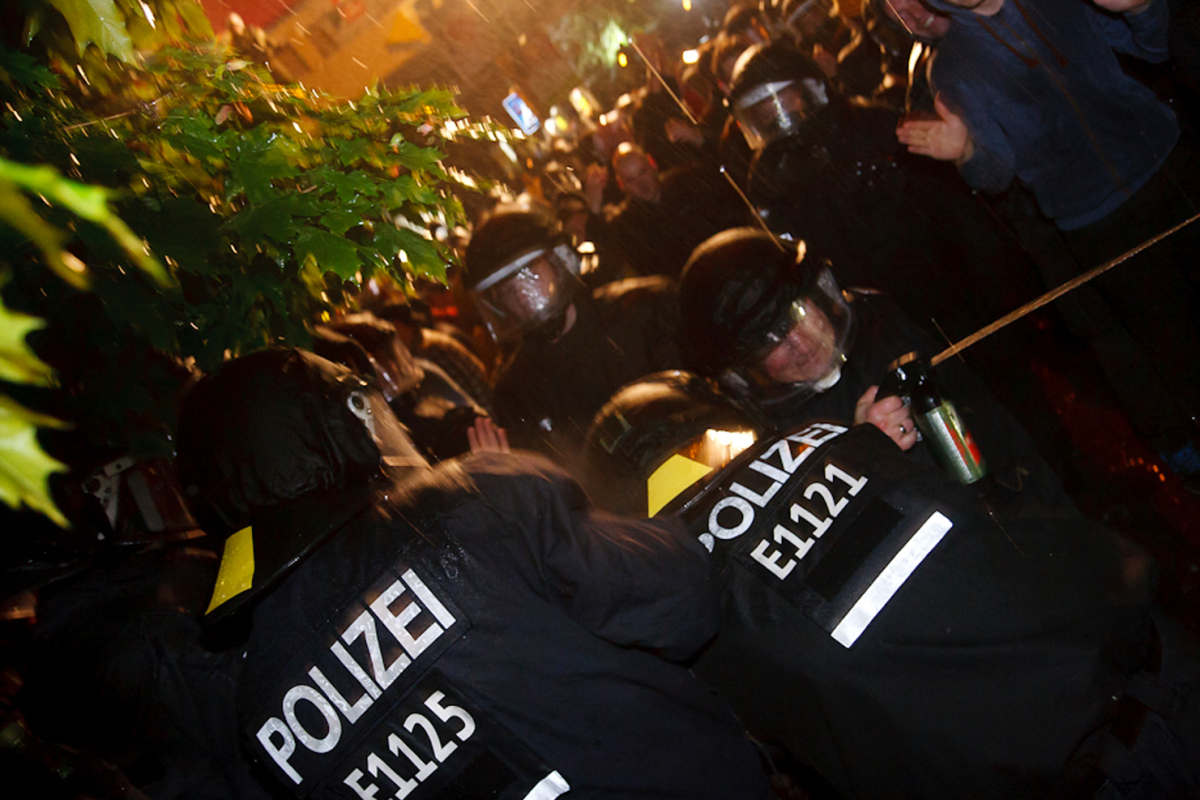On June 9th France’s far-right National Rally (RN) won first place in the European Parliament elections. The night of those results, Macron called for snap parliamentary elections – which can be triggered by the president to regain public confidence in case of parliamentary deadlock. His strategy was incoherent – he knew the RN was expected to win big again. The president’s goal was to allow the far-right to accede to power in the National Assembly so they could prove their incompetence, potentially leading to a favorable outcome for his successor in a future presidential election.
The French left united two days later to form the New Popular Front (NFP) to counter the far-right and Macron’s bloc. Fraught with disagreements over foreign policy and debates over leadership of the alliance, it seemed like the old problems of the New Ecological and Social People’s Union (NUPES) resurfaced during the first weeks of campaigning.
The first iteration of the parliamentary alliance, created after the 2022 presidential election, fell apart after one year due to infighting. This time, politicians put aside their differences to face the rising tide of the far-right. Major media outlets, the RN, and Macronists criticized the left for its internal divisions and accused certain figureheads as antisemitic or appearing weak on immigration and security issues. In the past weeks, journalists have dug up evidence of antisemitic and racist comments and practices by various National Rally candidates. Investigative report news outlet Mediapart reports that 106 RN candidates held conspiratorial beliefs or had incited hatred in their past.
The NFP was painted as a trojan horse to invite more left-wing radicals to France’s National Assembly – despite the favorable accords with the more moderate PS to run the second greatest number of candidates in electoral districts. ‘Socialist’ ex-president Francois Hollande, who left office with a near 4% approval rating, was given a chance to run with the alliance. He is known for his unpopular neoliberal labor reforms, failed interventionist foreign policy in Mali, and further militarizing policing after terrorist attacks on French soil in 2015.
On the conventional right, the leader of the Republican (traditional conservative party) party, Eric Ciotti, pulled his party into an alliance with the RN. This split his political family in two. Already known for his admiration for the far-right’s program and some of its senior politicians, the move came as no surprise to certain political insiders. But it shocked the public and much of his own camp. The Republican party ran separate electoral lists in different districts, but Ciotti’s move showed that many conservatives were willing to sell out their traditional anti-far-right stance to maintain relevance with the RN.
The first round saw a historically high turnout for the RN (29%) and the Republican conservatives who allied with them (4%). The NFP came in second with 28% in the first round and Macron’s ‘centrist’ bloc fell to third place with 20%.
France has two round elections. Many ‘triangulars’, or three way races, were slated for the second round. The left called on all of its candidates to step out when a ‘centrist’ came in second against a RN candidate.
Macron’s prime minister announced that their candidates would bow out to allow the left to face the RN except in cases where an LFI (radical left) candidate was running. Macronist politicians see the radical left and the far right as equivalent evils. In total, 127 NFP and 81 Ensemble (Macronist) candidates ceded their spots in their races – a hefty political price to pay for the French left, considering its opposition to seven years of neoliberal policies under the current government.
For four weeks straight, all the major polling agencies reported the NFP would get 2nd place after the RN.
Macron’s camp was projected to lose almost 50% of its seats in a poll conducted a week before the second round.
In a surprising end to the whirlwind 4 week election, the left-wing alliance made it out on top with 182 deputies (representatives) in the 577 seat parliament. Macron’s Ensemble coalition came in second with 168 deputies, a number of seats higher than projected just under a week ago. Le Pen’s National Rally came in third place with 143. The RN still won the most seats in its history, but failed to meet expectations set by polls and projections throughout the campaign. The second round saw a level of voter turnout not reached in over twenty years.
Now, France’s political forces must cobble together a governing coalition or create a caretaker government administered by a technocrat acceptable to most parties. This will be difficult. The constitution, written in the throes of the Algerian War in part by ex-general Charles De Gaulle, granted many powers to the presidency and does not favor parliamentary coalition building.
It’s now up to the French left to prove itself to be capable, competent, and clear in its demands. Leading figures of the New Popular Front declared they would only govern to apply their program. Its economic policies include raising the minimum wage, blocking the prices of essential goods like fuel and food, lowering the retirement age, restoring more progressive fiscal policy to tax the rich more and the working class less. It also aims to push for lower class sizes and a recognition of the state of Palestine within two weeks if it is able to govern.
Liberal and social-democratic leaders around the world took notice of the legislative seat projections on Sunday night. Polish prime minister Donald Tusk tweeted that Moscow would be disappointed and that Kyiv would be relieved by the results of France’s election. Spanish prime minister Pedro Sanchez saluted the defeat of the far-right. The international left should take notice of France’s unexpected return to its revolutionary and radical roots.
It may be too early to be triumphalist – after all, the institutional left has betrayed France many times. But the results of the July 7th election lit a spark of hope which can rekindle the hearth of left-wing traditions in the country.




